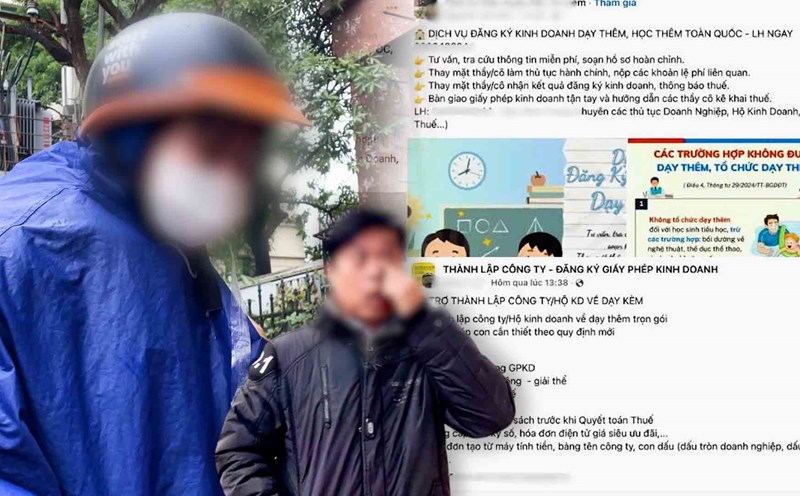Mr. Keith Kellog, US special ambassador to Ukraine, made the above statement at the Munich Security Conference on February 15. However, he affirmed that Ukraine will definitely participate in this process.
Speaking at the conference, Mr. Kellogg said that Washington did not want to have a discussion with too many parties. He stressed that the interests of European countries will be considered but they do not necessarily have to be present at the negotiation table.
Previously, Russian President Vladimir Putin and US President Donald Trump discussed the possibility of holding talks on the Ukrainian conflict during a phone call on February 12. After the phone call, Mr. Trump announced that the US and Russia would meet in Munich, with the participation of Ukraine on February 14. However, none of the meetings were officially announced by the conference or the media.
RT reported that when asked about the request to ensure security for Ukraine, Mr. Kellogg frankly replied: "Right now, the answer is not yet". He admitted that the US sometimes tends to look at the problem from its own perspective without really listening to the relevant parties.
US Vice President J.D. Vance, who was also present at the Munich Security Conference, emphasized the need to launch direct negotiations between Ukraine and Russia. It is important that we sit together and start the necessary discussions to end this war, Vance said.
German Defense Minister Boris Pistorius warned that upcoming negotiations could mark a historic turning point in relations between the European Union (EU) and the US. He stressed that Washington wants Europe to carry the responsibility of securing any agreement after the negotiations are over.
Meanwhile, Hungarian Foreign Minister Peter Szijjarto warned that there are forces that are deliberately sabotage the peace process. He accused the European elite of interventionism of trying to block a peace deal with Russia, even though the chance of reaching a deal was never so close.
With the move to remove the EU from the negotiation table, the US is sending a clear message: this is no longer a war for the entire West, but a game that Washington wants to control. Will this lead to a real peace deal or will it only deepen the rift between the US and Europe?












